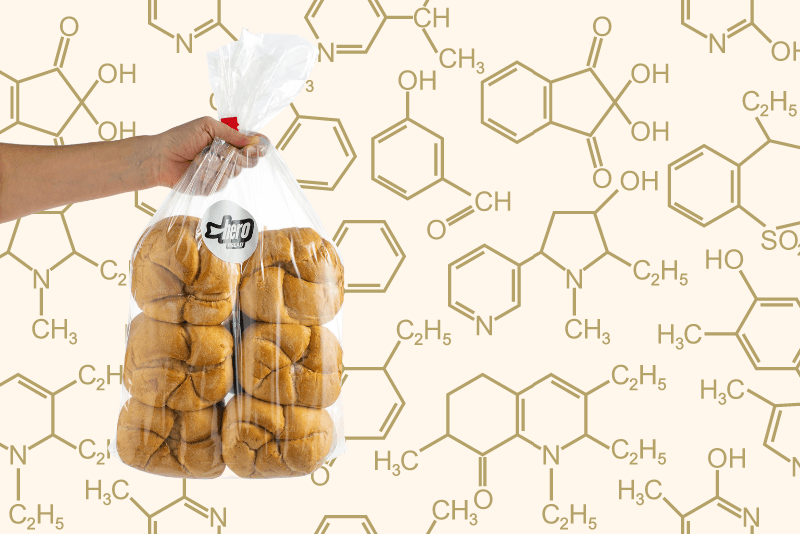Because the flour innovated by Hero Labs functions exactly like traditional flour — it’s net-carb-free but not gluten-free — the team can partner with some of the industry’s biggest co-manufacturers. From a production standpoint, the process looks nearly the same as that for traditional, carb-rich baked goods.
“The formula is easy to slide into the supply chain of any of these big partners, and that helps keep production costs down,” Glass said.
With supply chain under constraint, finding the right co-manufacturer with the time and capacity to fit Hero into the production schedule has become a new piece of the puzzle. This could likely impact what manufacturing looks like for Hero in the future, whether it’s co-investment, co-building a facility or, depending on subsequent rounds of capital, taking the whole operation in-house.
“Any of those are absolutely in the cards,” Glass predicted. “It’s just the kind of thing that requires a multi-year planning process with a lot of CapEx … and that’s for the pitch decks in our next funding round.”
The current co-manufacturing partners are seen as an extension of the Hero Labs team. Creating something so close to traditional bread, yet so different, provides a commercial bakery the opportunity to expand its capabilities, especially when each Hero product has such pivotal differentiators. Each baked good has its own special formula, but each recipe falls under the same macronutrient mantra.
“What we use for the tortilla to make it stretch, pull and hold the contents of a burrito is very different from what we’d use for a burger bun to make it retain its shape and fluffiness with a nice toastable outer crust,” Glass explained.
Then there’s the Hero croissant, whose flour has a makeup all its own to create a dough that can be laminated to hold all its layers.
“We almost consider it to be like developing a library of proteins and fibers, where you know what each one does when you add it into the flour mix,” Glass said. “But then you have to know all the exponential permutations of what that does with different levels of hydration and fat in combination with the others. It becomes a giant probability math problem.”











